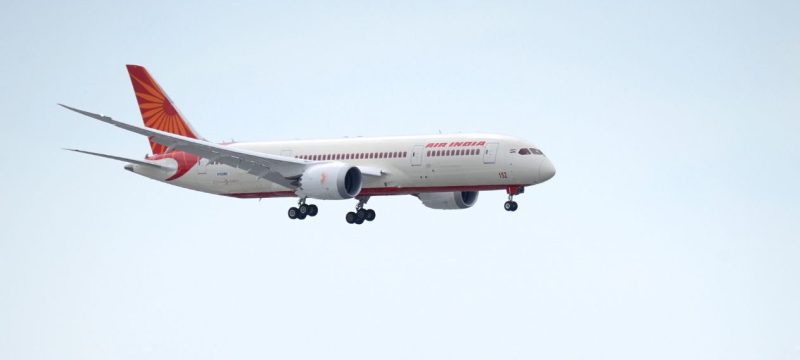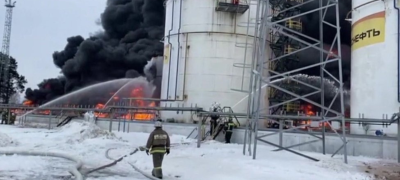Air India pilots have called for the grounding of the airline’s Boeing 787 fleet following an uncommanded deployment of the aircraft’s emergency power system during flight AI117 from Amritsar to Birmingham. The incident has raised significant safety concerns within the aviation community.
Incident Details
During the final approach to Birmingham Airport, the Ram Air Turbine (RAT) of the Boeing 787-8 aircraft deployed unexpectedly. The RAT is a small turbine that provides emergency power to critical systems in the event of a total engine or electrical failure. Its uncommanded activation during normal operations is highly unusual.
Despite the unexpected deployment, the flight crew managed to land the aircraft safely. Air India confirmed that all electrical and hydraulic systems were functioning normally at the time of landing. However, the airline grounded the aircraft for a thorough inspection, and the return flight AI114 to Delhi was canceled to ensure passenger safety.
Pilots’ Concerns
The Federation of Indian Pilots (FIP), representing over 6,000 pilots, has expressed serious concerns over the incident. They have called for a comprehensive investigation into the uncommanded RAT deployment and have demanded that the DGCA ground all Boeing 787 aircraft until the cause is determined.
The pilots’ concerns are heightened by a similar incident in June 2025, when a Boeing 787-8 aircraft operated by Air India crashed shortly after takeoff from Ahmedabad, resulting in the loss of 260 lives. Preliminary reports indicated that the RAT had deployed before the crash, raising questions about potential systemic issues with the aircraft’s emergency systems.
Regulatory Response
In response to the recent incident, the DGCA has initiated an investigation to determine the cause of the uncommanded RAT deployment. The regulatory body is examining the aircraft’s maintenance records, software systems, and potential design flaws that could have contributed to the incident.
Boeing has also been involved in the investigation, providing technical support and data to assist in identifying the root cause. The company has stated that it is committed to ensuring the safety and reliability of its aircraft and is working closely with Indian authorities to resolve the issue.
Conclusion
The uncommanded deployment of the RAT on Air India’s Boeing 787 flight AI117 has raised significant safety concerns. While the aircraft landed safely, the incident underscores the need for a thorough investigation into the aircraft’s emergency systems. The pilots’ call for grounding the fleet reflects the gravity of the situation and the importance of ensuring the highest safety standards in aviation.
In other news also read about Turkey’s KAAN fighter jet Soars Ahead Despite Engine Setbacks









